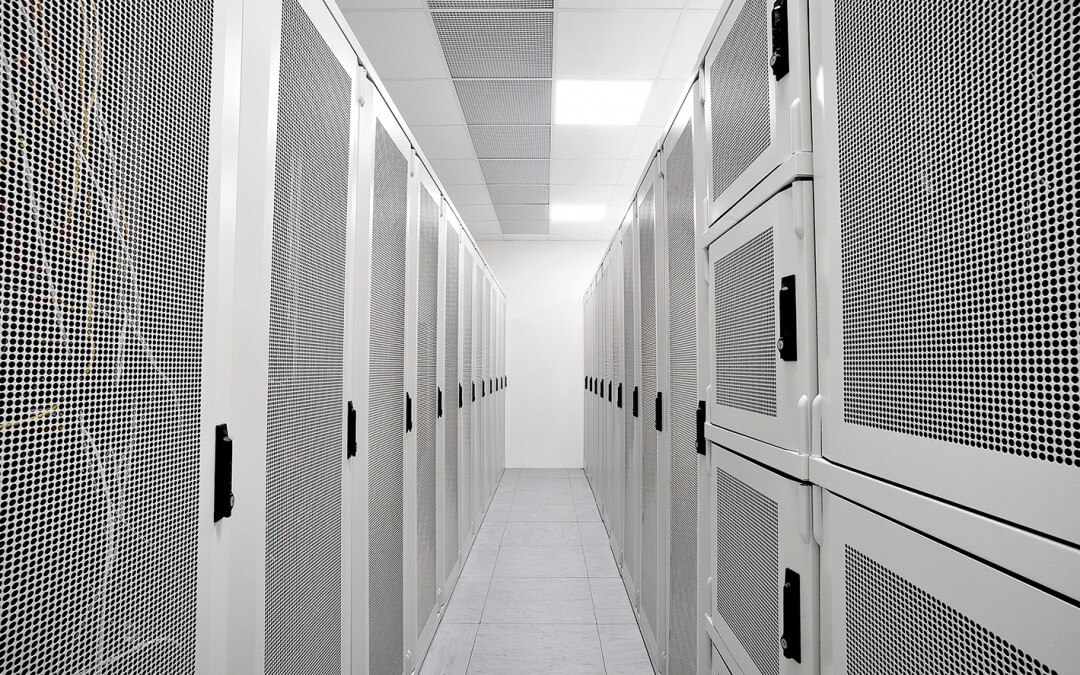Security and high availability are top priorities for businesses, so it is easy to feel bombarded with different solutions and ways to best store and secure their data. So how do you know what is the best option for your business? Here we compare two of the most popular solutions – colocation and on-premise.
The decision between colocation and on-premise solutions should be made based on the nature of your business and its aims.
Although both options allow you to use your own equipment and be in control of how and where your data is stored and managed, it is always worth weighing up the benefits of each before you commit to one.
Definitions
What is Colocation?: Colocation, or colo, is a data centre facility which allows customers to rent rackspace from a provider. You can then install your own servers and equipment which you can freely access to perform checks, maintenance or updates. The colocation provider will handle power, cooling, bandwidth and physical security.
What is on-premise?: With an on-premise solution, you store your servers and other equipment in your own building e.g. an office, or data centre. This means that you are responsible for all aspects of security, power, cooling etc.
On-premise storage is a good option for businesses that have the space, connectivity, security, and a dedicated IT team to constantly monitor for issues. For companies that have the initial capital that will allow them to regularly update infrastructure, on premise storage solutions can be suitable. Businesses who worry about handing over their sensitive data to an external provider also often prefer on premise solutions, as this means that their data is constantly visible and accessible.
However, colocation is often a more flexible option, as companies can scale their colocation space upwards, so that the amount of data storage available can easily grow with the business. This makes it a good choice for businesses who are quickly growing.
Colocation facilities often also come with extra physical space, cooling facilities and fast network access, which keeps data and critical applications safe and can increase productivity for companies.
Another major benefit of colocation is that it usually comes with thorough security measures. Colocation providers will often have a combination of physical and virtual security measures in place, such as CCTV, biometric security, and fire suppression systems. This type of security is becoming more and more important, particularly for businesses in the financial, legal or retail sectors, who often hold sensitive data and have to comply with certain regulations.
At LDeX, we offer adaptable colocation solutions to suit our customers in a wide range of industries.Our colocation solutions range from private racks to dedicated private suites in both our London and Manchester data centres.
Ultimately, the decision on how and where business should store their data and applications depends on your needs. Whether you’re looking for faster connectivity, peace of mind, or data storage that can expand with your business, LDeX has the solution for you.
Find out more about our colocation services here.

